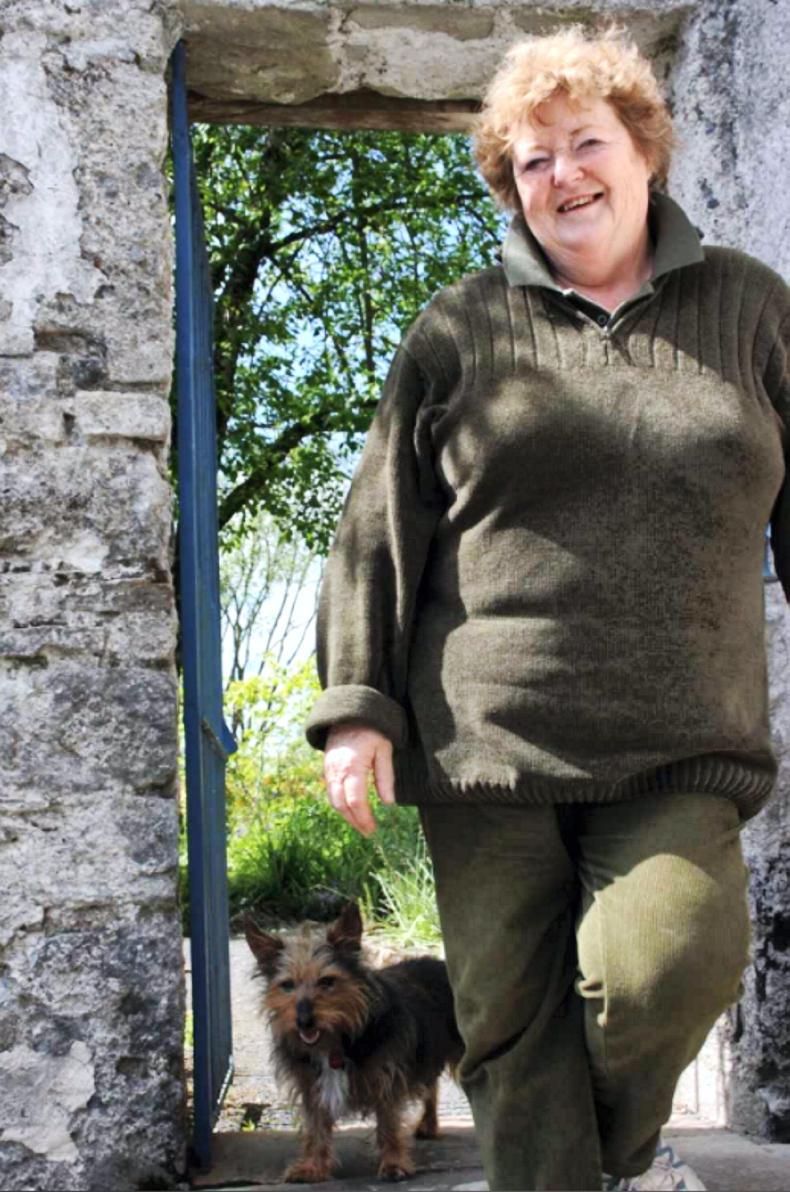If you don’t put quality fuel into your vehicle, the chances are you won’t be able to go very far. The same principle applies to gardening and soil.
If you don’t use good-quality soil, then it is unlikely that your garden will flourish, as Angela Jupe highlights.
Q: How important is soil to a garden?
A: Soil is not inanimate matter, it is made up of living organisms. To produce the best garden, soil needs to be kept in good condition and has to have a balanced make-up of mineral elements.
Keeping soil in good health is the key to the efficient utilisation of soil nutrients to produce better grass, vegetables, bigger and brighter flowers, and healthy trees.
Q: What are the most important elements of soil?
A: There are approximately 20 nutrients necessary for plant health. The most important are carbon, hydrogen and oxygen.
These are protoplasms that transform the living matter in all plant cells and make up over 90% of the cell.
The remaining nutrients are mineral elements including nitrogen, phosphorus and potassium, which are the most important and are required in big quantities.
Nitrogen is needed for leaf growth and good green colouring. Phosphorus helps to form new roots, make seeds, fruit and flowers and to help plants fight disease, while potassium makes strong stems and encourages fast growth.
Q: What role do micro-nutrients play in the soil?
A: These are needed in very small amounts and can vary with the type of plants to be cultivated. They include zinc, iron, chlorine, copper and sodium.
The most usual of these which is in short supply in the garden soil is zinc, as it often is in our own bodies. Iron too can be lacking, as soil chemical processes make it a difficult element to be made available in the large quantities needed.
Q: What are the main soil types in Ireland?
A: In Ireland, the most usual soil is fertile brown earth, but it is very shallow. It is mainly found in the midlands and the east, and these parts of the country can be regarded as the most rich and fertile for the majority of plants. Soil pH is usually neutral or slightly alkaline.
More shallow sandy soil, which warms quickly, runs along our east coast where traditionally vegetables and soft fruits have been grown. The soil heats quickly and produces a quick crop.
Parts of the midlands and the upper hilly regions contain wet acidic soil and this restricts the varieties to be grown. Ireland has lots of rain, which can, in certain locations, leech out many of the essential elements and leave soil very acidic. Liming is traditionally used to counter the acidity.
Q: What is the difference in soil between growing grass in your garden and growing vegetables or flowers?
A: Good lawns require two things, good drainage and the minerals phosphorus and potassium, but particularly nitrogen. Nitrogen is a major component in developing chlorophyll, which is the green component of leaves, giving us the emerald lawn we desire.
The above nutrients can be added to the grass organically in the form of rotted green manures, sewerage sludge or fish and bone meal, all of which break down slowly to feed the grass. Inorganic sources, such as lawn feed fertilisers, give faster results, but the downside is that overuse can cause burning of the grass plants and they can leech through the soil rapidly and can contaminate ground water.
Flowers and fruit require a higher concentration of phosphorus, which encourages the development of flower buds, setting seed and producing fruit. Potassium can be used for all flowers, fruit, root vegetables, beans and peas, but not for greens, such as cabbages or salads.
Q: What are the most common problems with soil fertility?
A: Fruit and vegetables are particularly vulnerable to nitrogen, magnesium or potassium deficiency. Shortage of potassium in plants is indicated by brown scorching on the leaves, yellowing between the leaf veins and purple spots under the leaves.
Magnesium and nitrogen deficiency is indicated by pale green or yellow leaves and poor growth.
Root vegetables with forked roots may indicate the application of too much fertiliser, as well as a soil nematode.
Yellowing of plant leaves also indicates plants are intolerant of alkaline (lime-rich) soils, such as many magnolias and rhododendrons.
Q: Are there any easy steps to fixing soil fertility?
A: To fix nitrogen deficiency organically, add composted material, grow and dig in a green manure crop, such as phacelia or borage. You can also grow nitrogen-fixing plants such as peas, beans and lupins. When cropped, leave roots and dig in for compost.
Another alternative is to add coffee grounds.
Potassium can be added organically to plants by adding wood ash, homemade compost, organic sulphate of potash and granite dust from stone quarries.
Many products, such as fish, blood and bone meal, are available in packets from garden centres, as is tomato food in liquid form. Seaweed or kelp is now sold in bags and gives excellent plant health results, as does chicken manures, which can be added as dry pellets or a handful left to soak in a bucket for a week and then applied as a liquid manure.
Manufactured fertilisers for specific purposes should be used as described on the packet.
Lastly, never over-use, as you may end up with weak, spindly plants and tasteless vegetables. CL
For information on soil see www.rhsi.ie or visit Angela’s website www.angelajupe.ie.







SHARING OPTIONS